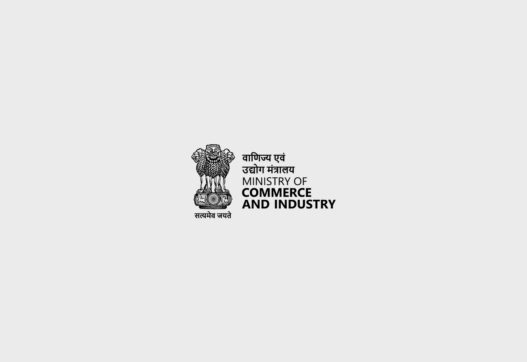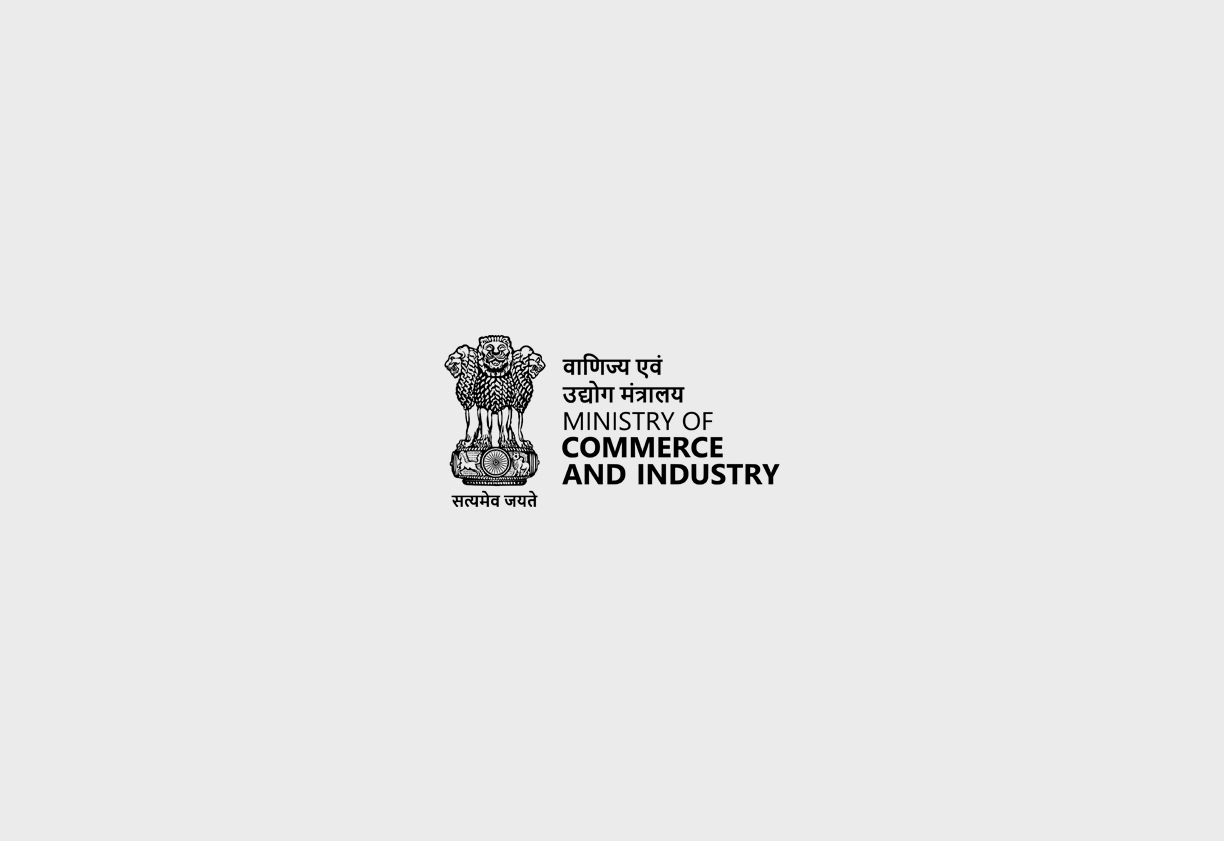Ministry of Commerce and Industry
The Coffee Act, 1942, is a significant Indian law governing the development and regulation of the coffee industry. This Act establishes the Coffee Board, outlines procedures for registration, marketing, and export of coffee. It also empowers the Central Government to control prices and trade and aims to support the coffee growers and the overall industry. The Act also lays down the framework for the functioning of the Board.
Act Background and Ministry Under Which This Act Is:
The Coffee Act, 1942, was enacted to establish government control over the coffee industry. It seeks to regulate the market, enhance quality, and ensure fair prices for producers. The Act empowers the Central Government in the development and management of the coffee industry. Though not explicitly stated it is generally administered by the Ministry of Commerce and Industry in India.
Enactment Date, Number of Chapters, Number of Sections:
The Act was enacted on March 2, 1942. The Act is structured into 50 sections, covering definitions, the formation of the Coffee Board, its functions, finances, and procedures. It also contains provisions for the regulations of exports, sales and curing of coffee and penalties for non-compliance.
Act Governed By:
The Coffee Act, 1942, is governed by the provisions of the act itself, and by the rules and regulations made under it. The Act defines the composition, powers, and functions of the Coffee Board, establishes rules for trade, specifies licensing criteria, and sets the framework for resolving disputes and managing the coffee industry.
On Whom it is Applicable:
The Act applies throughout India, primarily to those who are involved in the coffee industry: owners of coffee estates, curers, dealers, manufacturers, and exporters. It also relates to the functions and responsibilities of the Coffee Board and to various Government agencies involved in trade of coffee.
Penalties/Punishments:
The Act prescribes penalties for non-compliance which include:
-
Fines for not registering estates, for contravening sales procedures, for setting up unlicenced curing establishments, for providing false information, and for obstructing the board or other authorised personnel.
-
Forfeiture of coffee for not delivering to the surplus pool.
Important Pointers:
-
Coffee Board: The Act establishes the Coffee Board, giving it control over the coffee industry.
-
Registration of Estates: It mandates the registration of all owners of coffee estates.
-
Free Sale Quota: The Act provides a system of free sale quotas to limit the amount of coffee that can be sold in the open market.
-
Surplus Pool: It sets up a mechanism for the delivery of coffee in excess of the free quota, which is to the surplus pool.
-
Pricing: The Act empowers the government to fix prices for sale of coffee.
-
Licensing: It requires the licensing for curing establishments and for certain types of transactions in coffee.
-
Funds: It provides for the establishment of separate funds including a general fund and a pool fund.
-
Reports: Registered owners have to submit reports and are subject to inspections.
-
Control of Export and Import: The Act gives power to the Board to control the export and re-import of coffee.
-
Contracts: Contracts in variance of the provisions of this Act are not valid.
Act Copy:



